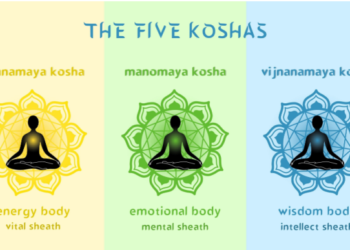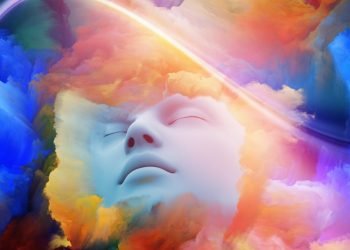As humans, our actions always categorize into either Punya or Papa. Have you ever wondered what decides our efforts to be Punya or Papa? Or what kind of acts are Punya and Papa? Punya means ‘merit’ or ‘virtue.’ It is the attribute that develops better Karma and helps the individual be closer to liberation. At the same time, papa is associated with sin and generates negative karma. In this excerpt, we will discuss the importance of karma and it’s meaning plus significance.
Types of Karma
There are various types of karmas or actions that an individual undertakes in his life-span:
- Nitya Karmas (daily duties)
- Naimittika Karmas (special duties)
- Kamya karmas (desire born actions)
- Nisiddha karmas (wrongful actions)
- Prayaschitta karmas (actions of penance to improve oneself)
Instruments of Karma
These karmas use the following instruments to achieve the desired Karma:
- Manas (mind)
- Vik (speech)
- Kaya (body)
Results of Karma
We can see the results of Karma in three categories:-
- Punya Karmas are meritorious or dharmika actions, leading to good results
- Papa Karmas those which are wrong or adharmika actions, leading to bad results
- Misra Karmas are those actions that have mixed results
Karmas by the mind (thoughts)
When our minds occupy themselves with righteous thoughts such as bhakti (devotion), viragya (dispassion), charity, spiritual evolution, and so on, they are mental Punya kamas. Simultaneously, when our minds think lustful thoughts about sense enjoyments, harming others, and disrespecting the scriptures, traditions, and dharma, it is called mental papa karmas.
A mixture of both papa and Punya are called Misra karma. Swami Chinmayanda explains Punya Karma as ‘self-congratulatory acts and papa karmas as ‘self-insulting acts.’
Karmas by speech (words)
To achieve Punya karmas by speech, one should regularly recite or read scriptures, chant mantras, hymns, and sing devotional songs. An individual must always speak the truth and talk to others in words of love, compassion, etc.
When an individual speaks disrespectfully about scriptures, verbally abuse the Gods and Mahatmas, it leads to papa karmas of speech. Engaging in lies or cruel, offensive, and unsympathetic talk also takes the form of papa Punya.
Karmas by the body (actions)
Bathing in holy waters, prostrating to the Gurus, the Lords, and Saintly persons are Punya karmas of the body. Seeking the presence of sacred beings and submitting to tapas ( sacrifice and discipline) also leads to Punya karma.
Whereas immoral acts that cause injury and hurt to others, indulging in cruelty, associating and following cruel persons, etc. are papa karmas of the body
Misra Karmas of the body
When an individual troubles others when they are doing a good deed or when one steals another’s wealth or property in the process of doing good work (for example, while building temples, giving charity) becomes examples of Misra karmas. Not providing remuneration for services rendered – also lead to Misra karmas of the body.
Vedavyasa quotes “Paropakārāya puṇyāya pāpāya parapīḍanam,” “Doing good to others at any of these three levels of body, speech, and mind is puṇya. Injuring others at any of these levels is pāpa.” Punya helps and guides us to evolve, while papa is what causes us to stagnate or devolve.








